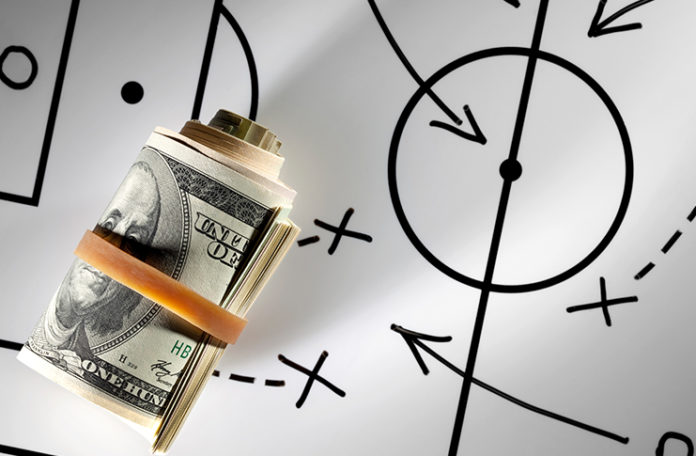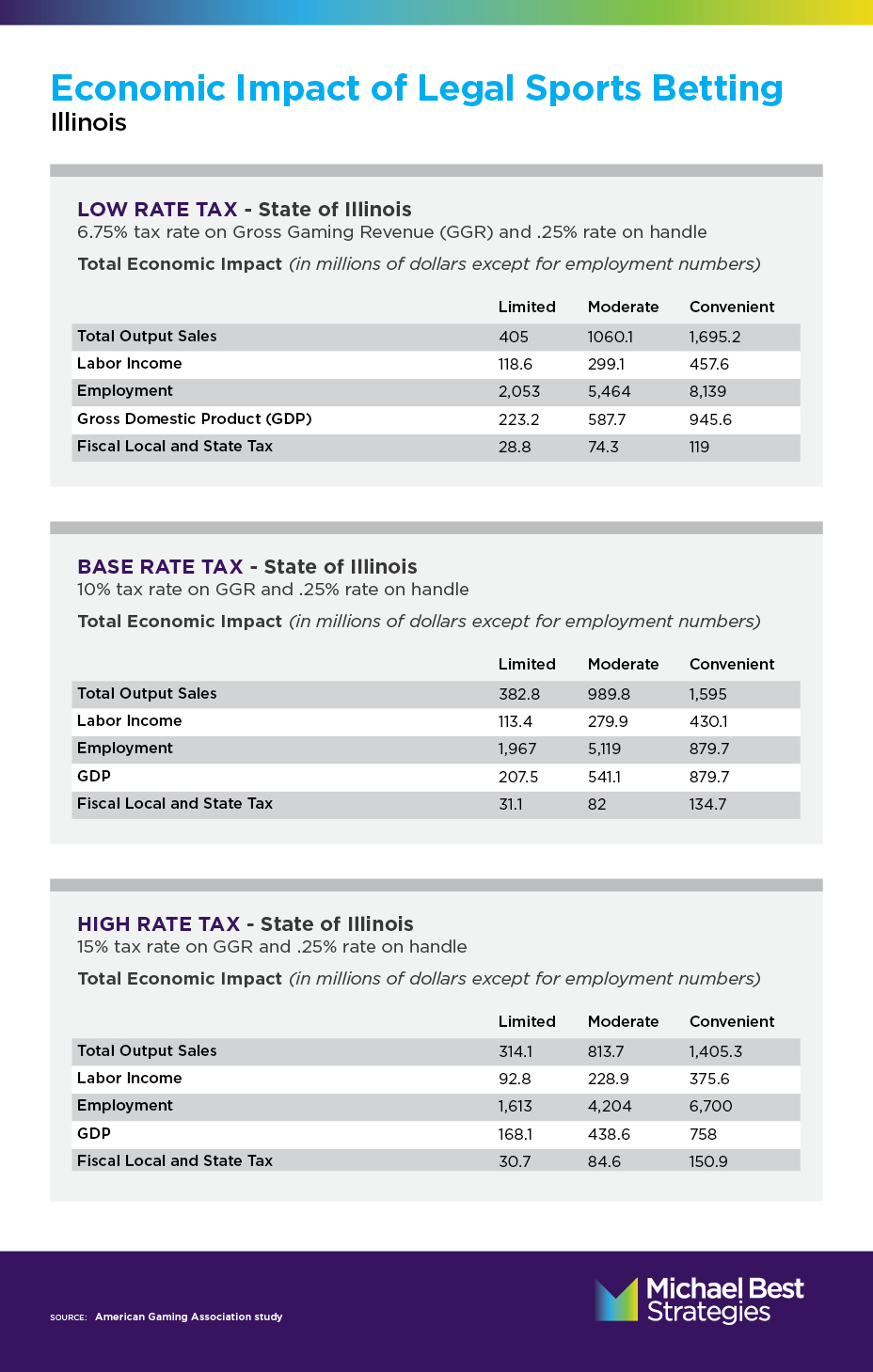
Update 5/14/18:
The U.S. Supreme Court overturned the federal law that bans sports betting.
The court’s decision comes in a case in New Jersey that now paves the way for dozens of states to pass laws that would allow sports gambling.
“The legalization of sports gambling requires an important policy choice, but the choice is not ours to make. Congress can regulate sports gambling directly, but if it elects not to do so, each state is free to act on its own,†Justice Samuel Alito wrote on behalf of the court.
Original story:
In 1992, Congress passed the Professional and Amateur Sports Protection Act (PASPA) that banned sports betting throughout the country with the exceptions of Nevada, Montana, Oregon, and Delaware.
Though the federal government paved an avenue for Montana and Oregon to legally bet on sports, both state legislatures passed laws to prohibit it. This made Delaware and Nevada the only states with legal sports betting in the country.
Delaware’s sports betting is limited to professional football, and is in a parlay lottery format (no single game betting). This makes Nevada the only state that allows broad legal sports betting, which has been part of the casinos in Nevada since the 1970s.
Since the passage of PASPA, the emergence of illegal sports betting has been rampant, producing a large market that is untaxed and unregulated. Though it is difficult to know the exact amount being wagered through these illegal channels, the American Gaming Association (AGA) believes that Americans illegally bet around $150 billion a year on sporting events.
This past December, the U.S. Supreme Court heard oral arguments on New Jersey’s challenge to the PASPA (Christie v. The National Collegiate Athletic Association (NCAA)).
The crux of New Jersey’s argument is that PASPA violates the 10th amendment and that the federal government is “commandeering†the state’s regulatory power. The Supreme Court will likely make a decision this summer on whether PASPA infringes on New Jersey’s states rights.
If the Supreme Court rules in New Jersey’s favor, sports betting could emerge in Illinois sooner than we think, and legislators are taking notice. Legislation has already been introduced by several legislators, and is being discussed in committee hearings (HB 4214, HB 5186, SB 2478, SB 3125, and SB 3432).
What potential impact can this have on the Illinois economy? With 10 casinos already in Illinois, new rules on sports betting may have a significant effect.

The AGA’s 2017 study focused on three likely scenarios for access to sports betting – limited availability, moderate availability, and convenient availability.
Convenient availability is access to sports betting at casinos, retail locations, online/mobile, and in-play betting. Moderate availability is betting on-site at casinos, retail, but no online betting. Limited availability is only on-site casino betting. The revenue projections in AGA’s study focuses on direct revenue (wages, salaries, tax on handle) and indirect revenue (third-party goods and services).
The potential tax-rate structures that states like Illinois could adopt is also a focal point in the AGA’s study. This is in addition to the federal tax of .25% on the bet/handle amount. These rate structures are a percentage of the gross gaming revenue (GGR, or net win):
- Low Rate (6.75% of GGR plus federal .25%)
- Base Rate (10% of GGR plus federal .25%)
- High Tax Rate (15% of GGR plus federal .25%)
Here are some of the overall key findings in the AGA’s report:
- Total economic output predicted to be $41.2 billion
- $22.4 billion added to US GDP
- $11 billion of labor income (direct and indirect)
- 216,671 jobs (direct and indirect)
- $8.4 billion fiscal impact (state, local, and federal)
Though the expansion of sports betting in Illinois hinges on the Supreme Court’s ruling this summer, many key players have taken notice. We can expect this to become a large topic in the state regardless of the Supreme Court’s decision.





